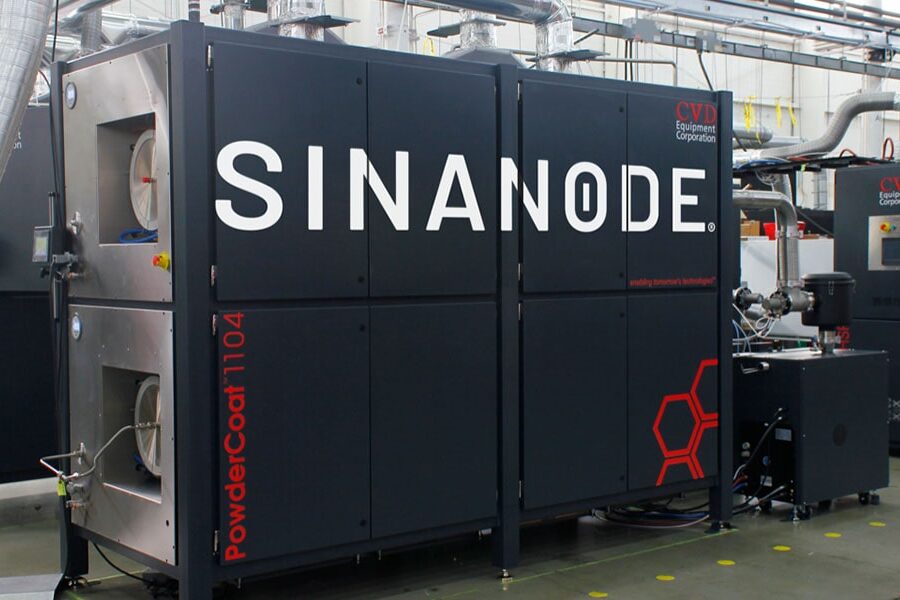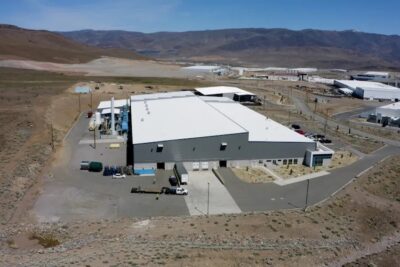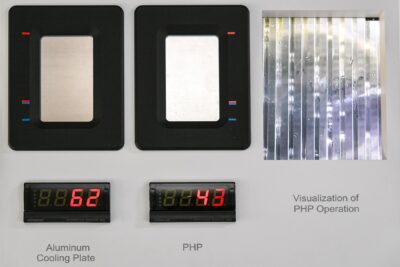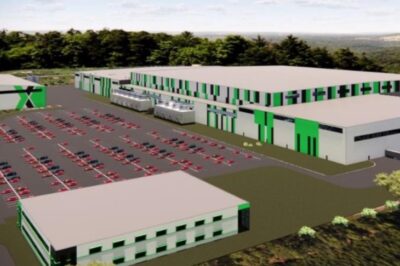OneD and Koch plan anode factory in North America
The location of the factory, which is expected to cost “several hundred million dollars”, will be announced in the near future, OneD CEO Vincent Pluvinage told Reuters. According to Pluvinage, OneD is already in negotiations with customers to build a similar factory in Europe.
The partnership itself was not only confirmed by Pluvinage in the interview with Reuters, but also by OneD in a press release. The strategic partnership between OneD and Koch Modular is intended to help reduce costs and accelerate the introduction of silicon-graphite anode material in affordable electric cars, according to the press release. Koch Modular is part of Koch-Glitsch LP, whose parent company is Koch Industries.
If silicon is used as an anode in the battery, significantly higher energy densities are possible than with a conventional graphite anode, and the charging capacity also increases. The material expands and contracts significantly during charging and discharging. This mechanical stress affects the durability and service life, at least with pure silicon anodes. However, if graphite is added to silicon, some of the positive effects of silicon can be utilized without the disadvantages.
OneD melts silicon nanowires onto graphite powder
The Californian battery developer has developed its own manufacturing process for the construction of silicon-graphite anodes, known as “sinanode” technology. At the heart of the approach are silicon nanowires that are melted directly onto graphite powder in the anode. OneD’s sinanode technology uses Koch Modular’s expertise in the production of silane gas and converts silane, a chemical compound of silicon and hydrogen, into nano-silicon for graphite anode materials – materials that have already been approved by manufacturers of electric car cells. At least that’s how OneD describes it in its own press release.
Together with Koch Modular Process Systems, the production of silane anodes is now to be maximized. To this end, a modular plant for the production of silane (from Koch) is to be placed next to a sinanode factory (from OneD). This plant will then be able to produce 20,000 tons of anode material from silicon and graphite powder. According to OneD, “any type of graphite” that the cell manufacturer or carmaker requires can be used. This should also make the material cheaper, as there is no need to produce a “new, expensive carbon substrate for the absorption of silicon”. In the process, the nanosilicon is embedded directly in the pores of the graphite powder.
OneD will put its pilot plant in Moses Lake in the US state of Washington into operation in early 2024. It will be used to “enable the qualification and release process of BEV batteries for OEMs”. It is not known whether mass production will also be located there or in the surrounding area.
“Koch Modular is the right partner to rapidly scale up production and reduce the cost of silicon anode materials,” says OneD CEO Pluvinage in his company’s press release. “This strategic collaboration will enable the North American BEV battery supply chain to reduce its dependence on overseas anode material imports and meet the urgent needs of OEMs to compete domestically, as well as internationally, with the next generation of more affordable BEVs.”
“OneD is taking a unique approach to risk and cost reduction by locating our modular silane facility adjacent to the sine anode processing facility and locating these two facilities near BEV graphite production and BEV cell factories in North America and Europe,” said George Schlowsky, President at Koch Modular. “We look forward to working together to increase the production of siliconized graphite and help our customers achieve a more competitive global market position by combining our proven technology platforms.”
Source: Info via email, reuters.com





0 Comments